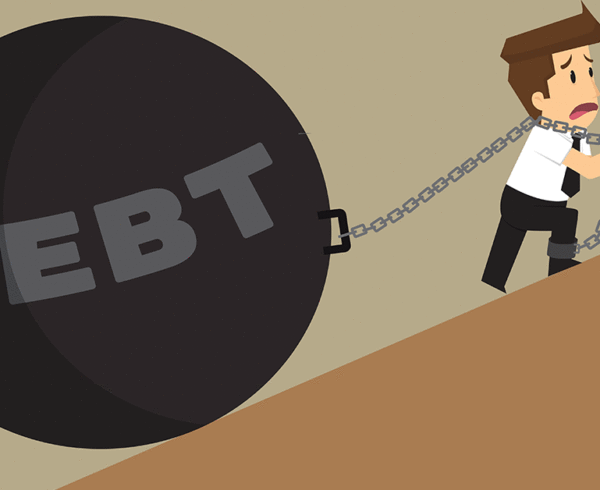Answer:
Many financial professionals suggest that you put away three to six months’ worth of living expenses for emergencies. If you lose your job, or become disabled and don’t have adequate disability insurance, you’ll need that money to pay your regular monthly expenses, such as mortgage payments, insurance premiums, groceries, and car payments, until you can find another job. Without such an emergency fund, a period of unemployment could put your assets at risk. Similarly, if your car breaks down or your spouse has a medical emergency, you’ll want to have the necessary cash to pay the bills. You don’t want to be faced with an immediate need for cash, only to discover that you don’t have any.
You may have already set up an emergency fund. Did you put the cash in a five-year certificate of deposit (CD) or other long-term investment? In an emergency, you will need to get at those funds immediately. You can certainly pull your money out of the CD early, but you’ll pay a penalty. It’s better to keep some funds more liquid, in a traditional savings account, a money market deposit account, or a six-month CD, for example. That way, the cash will be readily available when you need it.
Finally, keep your emergency fund separate from your everyday accounts. You might even want to use a different bank. Unless you are extremely disciplined, you’ll be tempted to spend those extra funds if you keep them in your checking account.
Remember, if you can put off an expense until next week, it is probably not an emergency.
Copyright 2006- Broadridge Investor Communication Solutions, Inc. All rights reserved.
Broadridge Investor Communication Solutions, Inc. does not provide investment, tax, or legal advice. The information presented here is not specific to any individual’s personal circumstances.
To the extent that this material concerns tax matters, it is not intended or written to be used, and cannot be used, by a taxpayer for the purpose of avoiding penalties that may be imposed by law. Each taxpayer should seek independent advice from a tax professional based on his or her individual circumstances.
These materials are provided for general information and educational purposes based upon publicly available information from sources believed to be reliable—we cannot assure the accuracy or completeness of these materials. The information in these materials may change at any time and without notice.
*Non-deposit investment products and services are offered through CUSO Financial Services, L.P. (“CFS”), a registered broker-dealer (Member FINRA / SIPC) and SEC Registered Investment Advisor. Products offered through CFS: are not NCUA/NCUSIF or otherwise federally insured, are not guarantees or obligations of the credit union, and may involve investment risk including possible loss of principal. Investment Representatives are registered through CFS. Coastal Federal Credit Union has contracted with CFS to make non-deposit investment products and services available to credit union members.
CFS representatives do not provide tax or legal guidance. For such guidance please consult with a qualified professional. Information shown is for general illustration purposes and does not predict or depict the performance of any investment or strategy. Past performance does not guarantee future results.
Trust Services are available through MEMBERS Trust Company. CFS* is not affiliated with Members Trust Company.






